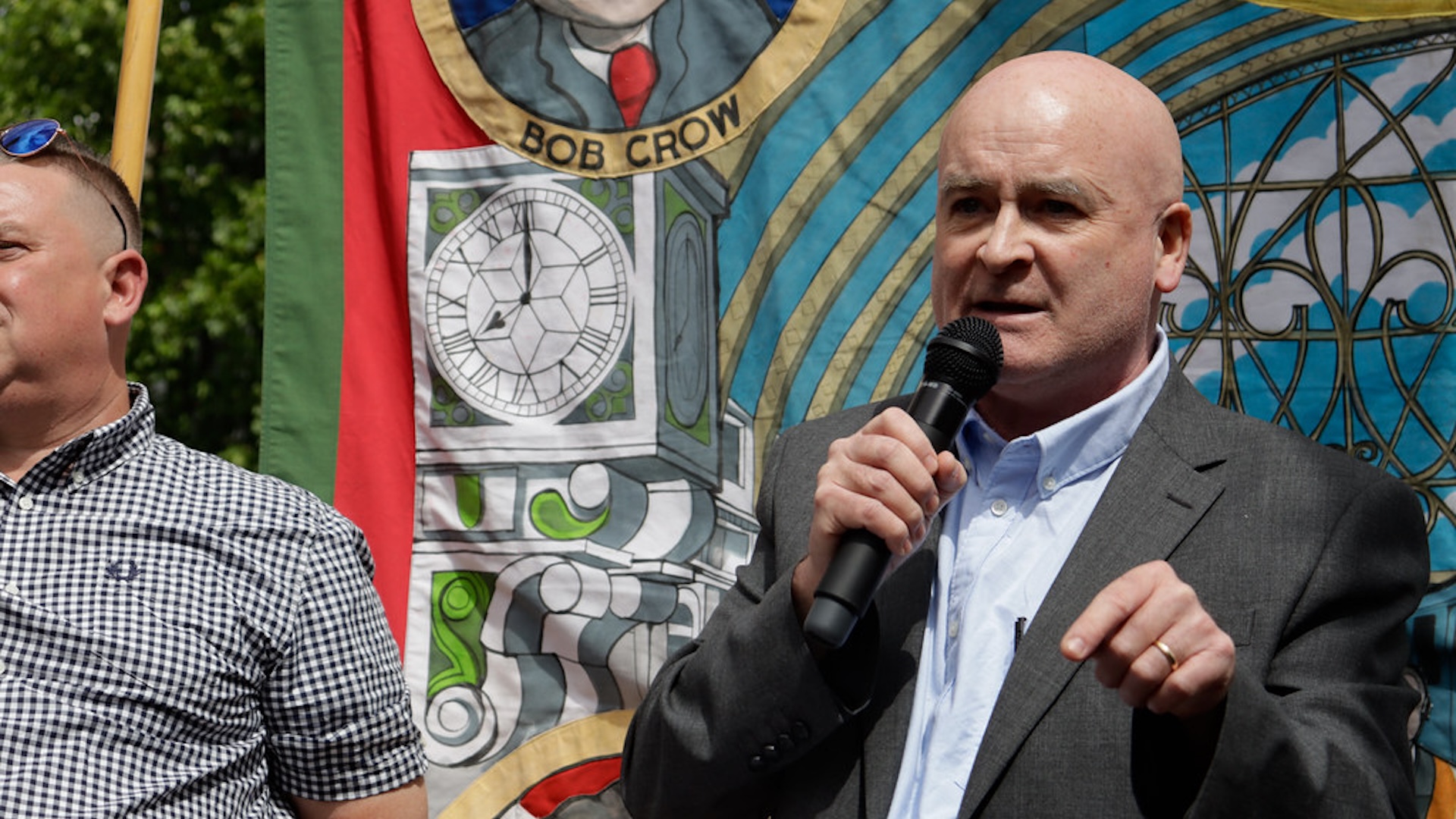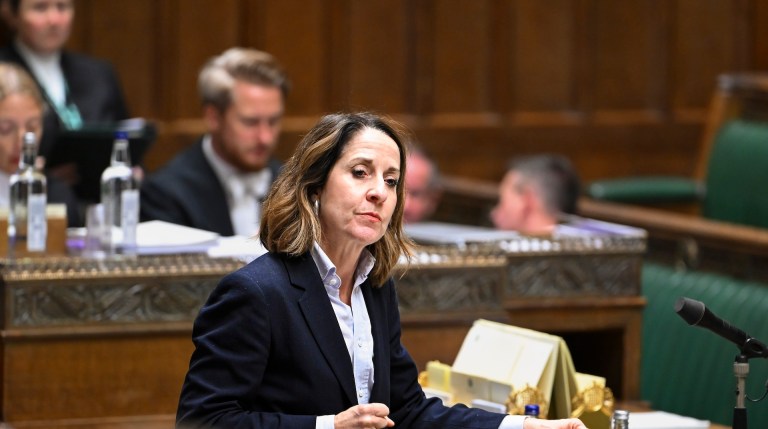My appointment as a full-time industrial correspondent at Tribune magazine, specialising in coverage of trade unions was an attempt to remedy the situation. It led me on to picket lines where I spoke directly to workers taking strike action about pay and conditions and into trade union headquarters where I’d conduct in-depth interviews with trade union general secretaries about progress in negotiations.
I took an instant liking to Mick Lynch. He was honest and open, answering every question I put to him. His approach to trade unionism was pragmatic. He never promised his members pie in the sky nor did he sugarcoat pay deals. From the outset, he made clear that the dispute the rail union were engaged in was about more than just pay- it was about protecting jobs, terms and conditions.
On the agenda was a shift to driver-only trains, the closure of ticket offices and cuts to maintenance on railway tracks. The union worked closely with passenger accessibility groups to successfully force the government into a humiliating defeat on plans to close ticket offices.
The rail dispute took place against a grim economic outlook, with workers suffering the worst pay squeeze since the Napoleonic wars. It wasn’t long before a multitude of other workers including posties, nurses, bus drivers, doctors and teachers were taking to the picket line too.
It was the biggest wave of strikes in decades and Lynch was the popular figurehead, inspiring others to fight for their worth. Young people queued for selfies with the man of the moment after well-attended rallies on the cost-of-living crisis across the country.
Lynch was also concerned with struggles outside the workplace. He articulated a vision of the economy from a workers’ perspective, connecting the dots between soaring energy bills, skyrocketing rents and double-digit inflation and providing a broader critique of privatisation and profiteering corporations. Growing up on the Paddington estate in West London, the son of Irish migrants, he’d lived and breathed the struggles he spoke so passionately about.
He grew up “in what would now be called slums”, he recalled in a recent interview – “the old tin bath and shared toilet with other families”. Lynch left school at 16 and trained as an electrician. He later went on to work at construction sites where he was blacklisted for trade union activity. In 1993, he transitioned to working on the railways, getting a job at Eurostar.
Lynch saw past the divisive culture wars, focusing on the bread and butter issues that united communities. He recognised that all workers, regardless of race, religion and gender wanted the same things: a roof over their heads, food on the table and money in their pockets.
This was inclusive populism, railing against bad bosses and giant corporations profiteering at our expense. One that refused to pit workers against one another or indulge in the divisive blame game which turned to scapegoats instead of credible solutions. He stood up for the rights of migrants and minority communities, recognising that the British working-class are multi-racial and multi-faith.
Sadly, today, a different populism dominates the discourse. The far-right are in the ascendancy whipping up moral panics about migrants and Muslims. The racist riots last year, the worst instance of racist violence in over a century, demonstrated where that poisonous rhetoric leads.
Mick Lynch sent a circular to his members at the time, encouraging them to defend mosques, asylum centres and other places under attack. As a Muslim, I will never forget that solidarity. I remained in contact with Lynch and other senior trade unionists during that time, coordinating efforts to keep our communities safe.
“Chin up, Taj. West Belfast is trying,” he texted me after speaking at a rally there. “I saw a North African cooking class in an Irish language centre last Friday. Palestine flags all over the Falls Road.” That is another aspect of Lynch. He is an internationalist to his core, and has spoken at the national demonstrations in London in support of a ceasefire in Gaza and maintaining links with sister unions around the world.
At home and abroad, Lynch adhered to the old trade union motto: an attack on one is an attack on all. Whoever is to succeed him as general secretary will have big shoes to fill indeed.
Do you have a story to tell or opinions to share about this? Get in touch and tell us more. You can make a lasting change on a vendor’s life. Buy a magazine from your local vendor in the street every week. If you can’t reach them, buy a Vendor Support Kit.









